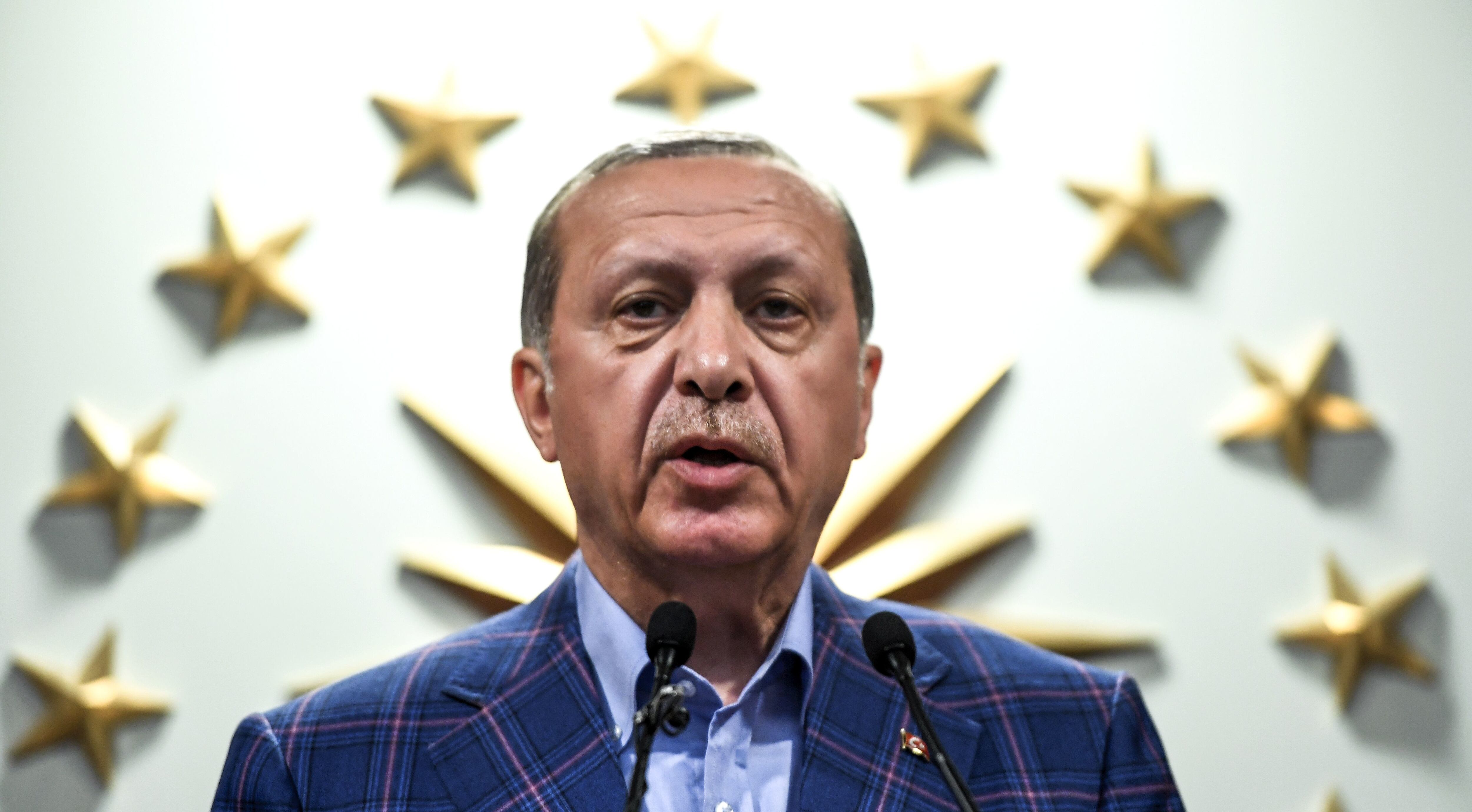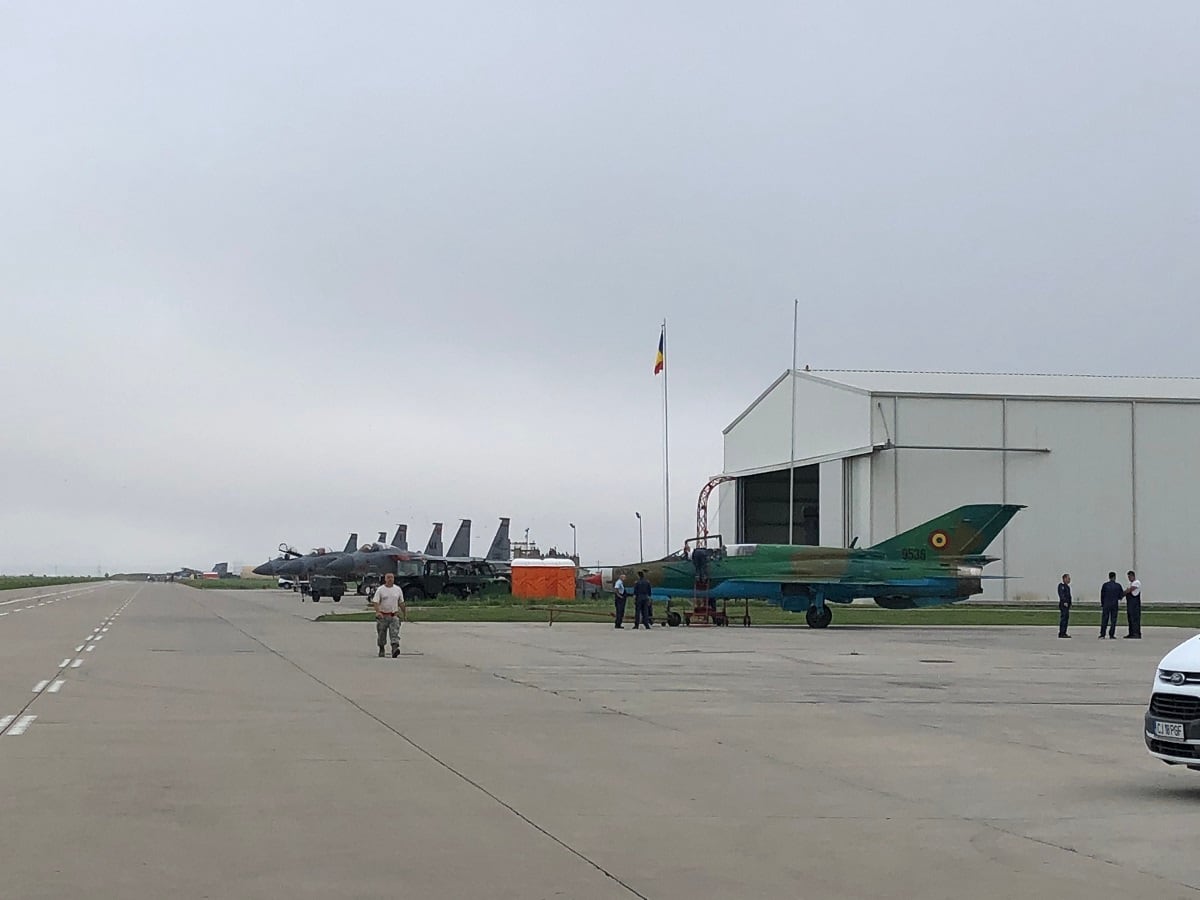As Ankara and Washington remain in a virtual political standoff, Russia stands to win big
MOSCOW — When Turkey in December signed a reported $2.5 billion agreement finalizing the purchase of Russian-made S-400 anti-air missile systems, it guaranteed a future run-in with Washington. That confrontation is upon us, with the upcoming U.S. National Defense Authorization Act including provisions that would freeze Turkey out of the F-35 program.
But beyond politics and the fact that Moscow apparently moved faster in negotiations, how does the S-400 compare?
First, there have been no public declarations of joint production of the S-400 with Moscow — a demand that was apparently placed upon the United States. Therefore, some surmise that Turkey was attempting to bluff its way into getting Washington to agree to a transfer of missile defense technologies in the form of the Patriot system.
RELATED

“Turkey has for a long time been trying various schemes to extort technology transfer in the domain of air defense from Western companies,” says Michael Kofman, a Russian military expert at the CNA think tank in Virginia. “Western companies are clearly reluctant to transfer this technology to Turkey, which has a defense industry interested in exports.”
And indeed, while Turkey was playing this game with the U.S., Moscow took notice. After Ankara failed to convince the U.S. to agree to its joint production demands by threatening to buy Chinese air defense systems, they tried Russia — specifically the S-400 air defense system. But the problem is that the Patriot system and the S-400 are very different beasts.
The S-400 is a mobile system, but it is designed for deployment behind the lines to protect critical infrastructure. It has a very long range, while the Patriot is a medium-range system. In that sense these are two different classes of systems.
Were Turkey interested in anti-missile systems, it could have considered S-300VM, which is specifically optimized for that task, while the S-400, which reportedly has a 250-kilometer range and is designed to engage a variety of aircraft, has only has four missiles per launcher.
That said, Moscow has been more than happy to oblige. After all, it has nothing to lose. Turkish purchases of S-400 systems provide a number of political victories: Turkey takes on a dependency on Russia, which pays potential dividends in Syria; it drives a wedge between Turkey and its NATO allies — never hard to do — and it’s a political win for Vladimir Putin at home.
Russia also stands to make money no matter what happens, Kofman notes.
RELATED

“Russia suspected that Turkey was just trying to extort the U.S. for a better deal, and suspected at some point Turkey President Recep Tayyip Erdogan would try to pull out or get trapped in his own game,” he said. “So they moved up the timetable for payment and delivery so that Turkey would end up losing money no matter what.”
The result is that Turkey will either end up with $2.5 billion of S-400 systems, or they will pull out of the deal and lose a large down payment. Likewise, if the F-35 deliveries are indeed frozen, as U.S. Congress has threatened, Turkey stands to lose out on the nearly $1 billion it contributed to F-35 development.
Matthew Bodner covered Russian affairs for Defense News.








